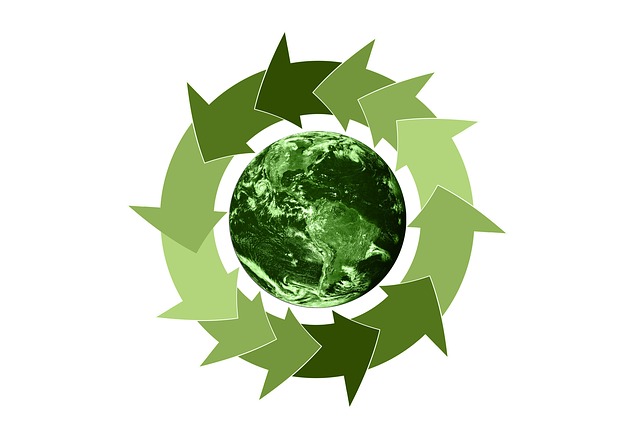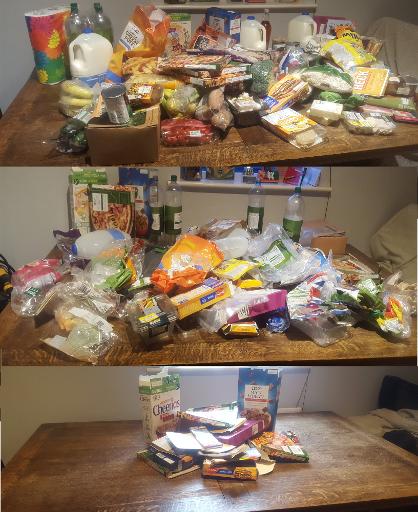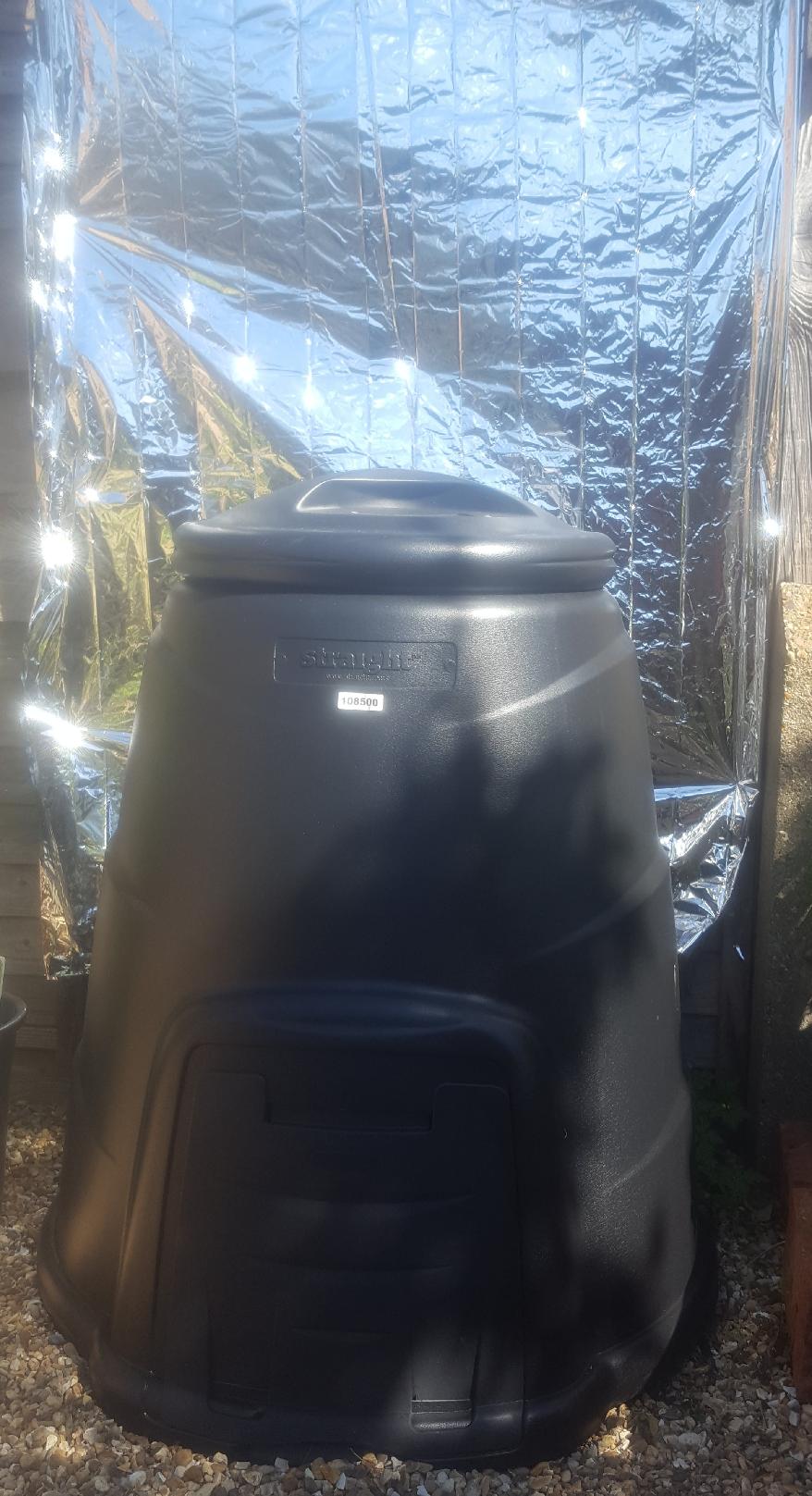Pollution projects
Pollution comes in many shapes and forms. What can we do to cut it down a bit and improve the environment for us individually, our neighbours, the planet now and going forwards for future generations?
Climate Change
We have addressed this in another section of it's own, as this is one of the biggest problems facing the world today. Click here to see more.
Plastics
As one of the most visible forms of pollution, this is one of the easiest for us to understand and try to cut back on. Plastics have made a massive positive impact on our lives, so as with much in sustainability, it is about trying to cut back rather than remove their effect completely. Single use plastics would be the most unnecessary plastics we use and as such we should aim at the "low hanging fruit" in this area. Much of what we buy in supermarkets is sold in plastic - but it is possible to shop around and use less.


Here is our family's weekly shop during a typical week in March, bought without packaging consideration (just buying what we wanted to consume!) It certainly made us think about being more careful going forwards.
The top picture is when full, the next is all the packaging after we'd eaten all the food and the last one is the waste we believe is actually biodegradable.
We wonder whether the amount of waste can be reduced or at least the proportion that is bio-degradable can be improved. There has to be a strong suspicion that the answer is yes.
We think it is great that the UK government is starting to act on plastic waste. The charge on plastic bags at supermarkets, banning of plastic stirrers, and drastic cutting back on plastic straws and cotton buds will start to make a difference, but there is still a long way to go.
Clearly we are not the only family to experience problems like this. Here
https://ourworldindata.org/uploads/2018/08/Plastic-production-to-ocean-input.png
is a diagram from Our World in Data, which shows the extent of the problem. Things are improving, but literally millions of tonnes of plastic are polluting both land and sea, and much of the latter is invisible - it is simply breaking down and causing pollution of our waters.
There are good reasons why we use plastic in a whole host of scenarios. There are also a lot of areas where alternatives can be used, however, some are likely to cause additional problems (an example would be that alternative packaging is often heavier and requires more energy to produce - we'd cut out plastic pollution doing this, but our greenhouse gas production would go up too). Therefore we need to think very carefully about when and how - and vitally how to recycle plastics, so this useful product is used to it's best and most sustainable lengths.
We have much more about what we've found out about plastic waste on our Pollution Research page.
Composting
Believe it or not, there are many more things that can be composted than you might think (or, put more precisely, we were very surprised when we found out how much can be composted!)
Generally, there are two types of composting, refered to as cold and hot.
If we can generate some heat from the process, not surprisingly it is called "hot" and this allows a greater variety of products to decompose and also generally allows for a higher quality of compost to be produced.
For cold composting we can use
Fruit and veg waste, left over pasta and rice, old beer and wine, urine(!), grass clippings, manure (from herbivores) etc.
For hot composting a whole range of other products can be added
Paper and cardboard (best in small pieces), dead leaves, stale bread and cereal, hair(!) and dead houseplants to name just a few.
This compost bin is deliberately black in colour and we've also put a "space blanket" behind it - both are to get more heat into the bin and generate a "hot" compost environment.
The aim is to generate temperatures of around 60 centigrade - we'll report back as to whether we've managed to achieve that. If we do, it is potentially possible to get compost in just 4 weeks from the process.

